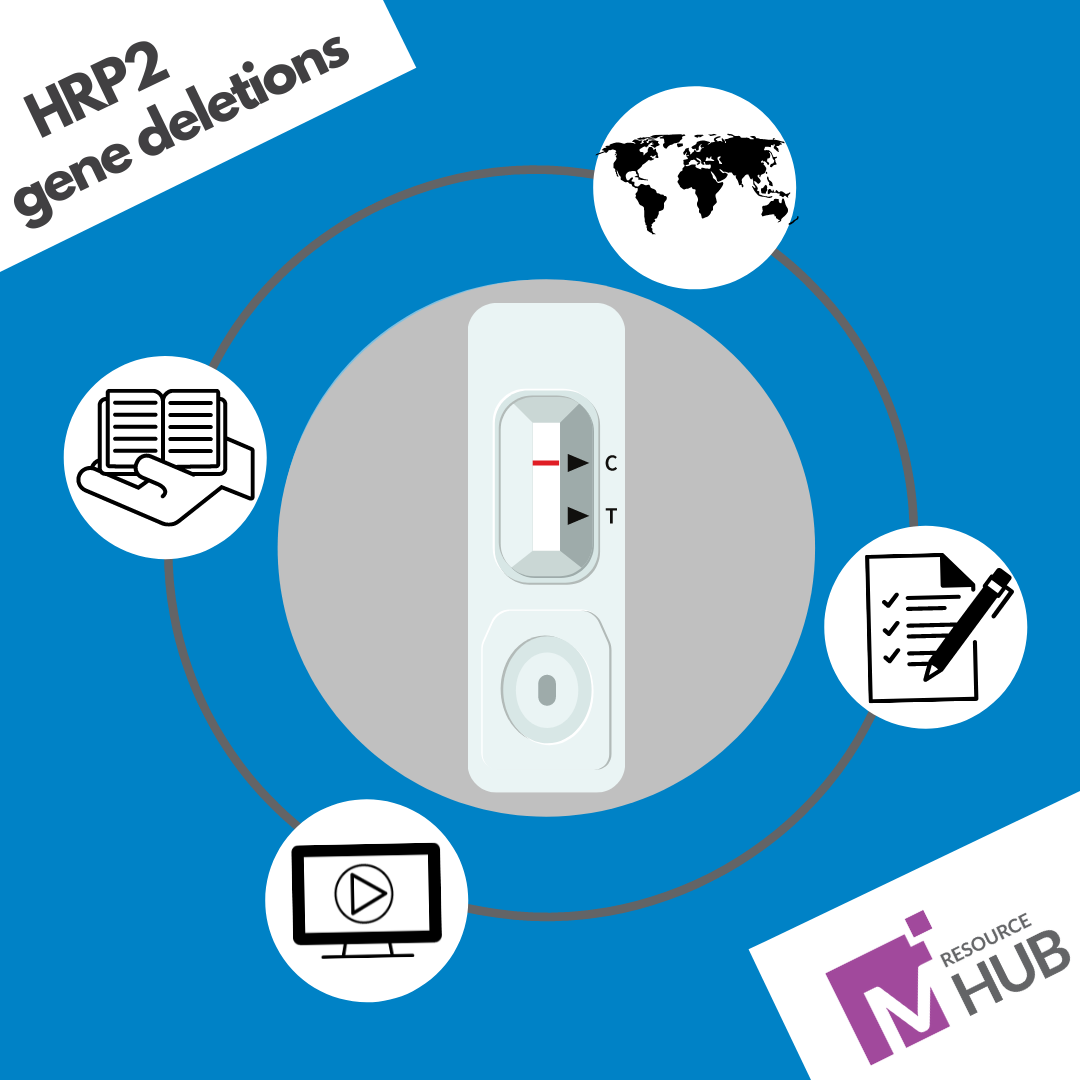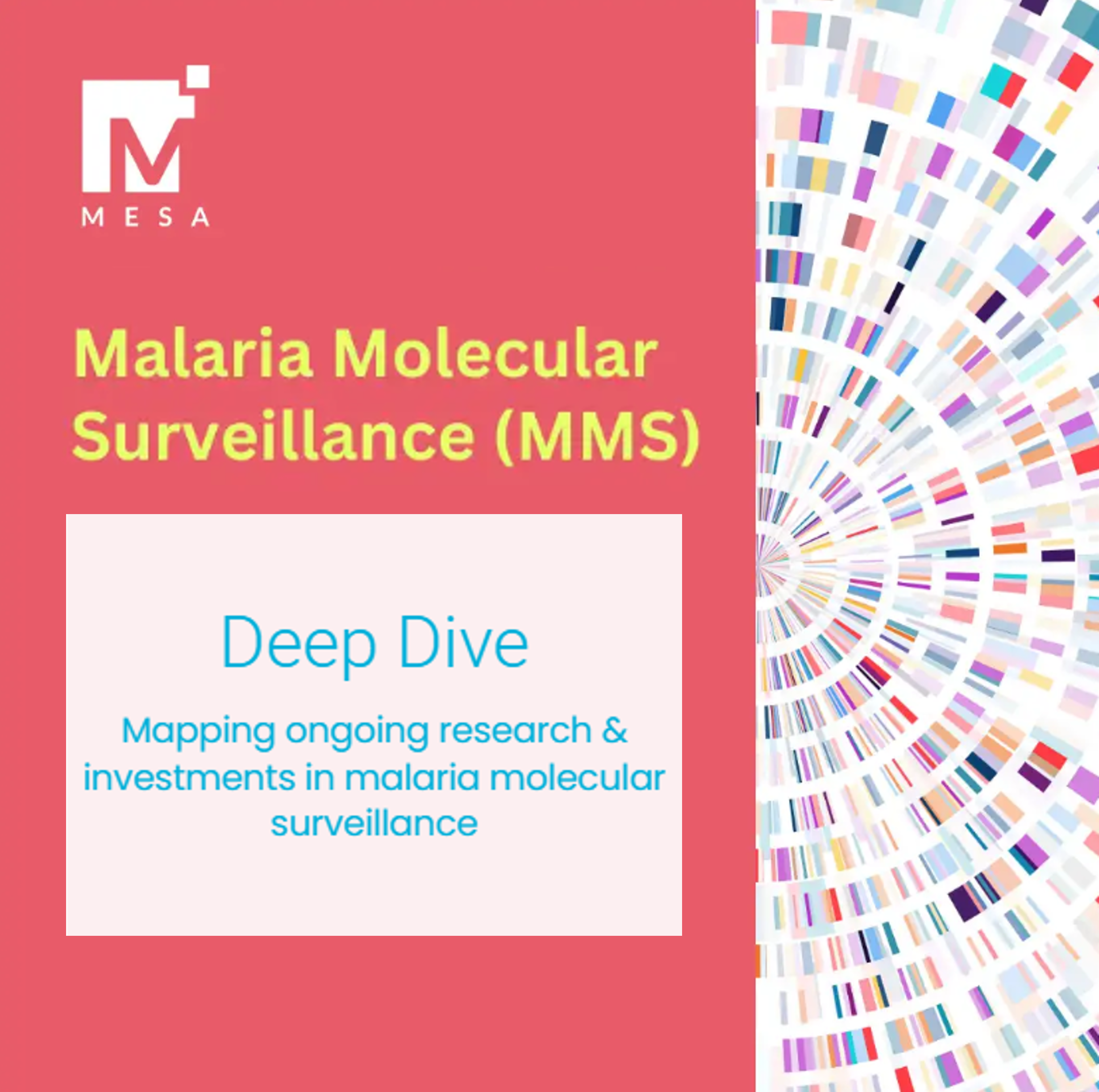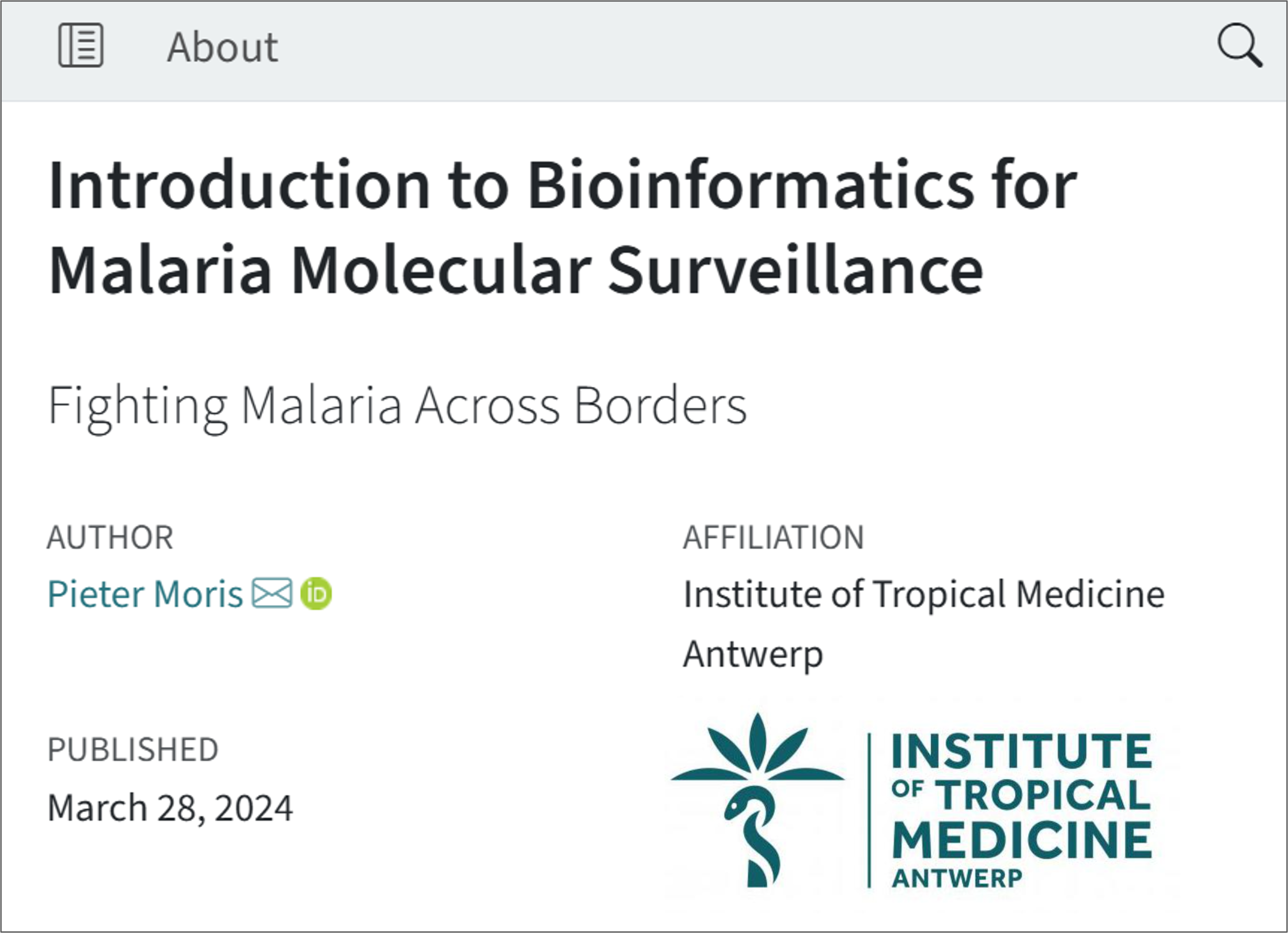Last Updated: 24/02/2025
Molecular surveillance of malaria parasite populations and antimalarial drug resistance to support malaria control and elimination in Tanzania (MSMT1)
Objectives
To establish local molecular, genetic, and genomic laboratory and analytic capacity to support malaria surveillance in Tanzania.
- Generating genetic/genomic data to support malaria elimination using population genetics metrics for monitoring changes in transmission related to interventions, parasite connectivity and migration.
- Mapping and monitoring non-falciparum species, and hrp2/hrp3 gene deletion and their impacts on performance of HRP2-based mRDTs.
- Creating a country-wide profile of drug resistance markers as a measure of performance for antimalarial drugs to guide current and future use for effective case management and accelerate ongoing malaria elimination strategies.
- Training for capacity building, career development and science leadership for empowering Tanzanian researcher.
- Engage the Ministry of Health, Community Development, Gender, Eldery and Children (MoHCDGEC) through NMCP; President’s Office, Regional Administration and Local Governments (PO-RALG) and other stakeholders and undertake a landscape mapping to understand needs and existing gaps; in order to develop use cases and operational plans for implementing molecular surveillance in Tanzania.
- Working with government experts to help specify, adopt and user-test the anticipated cloud-based data platform for the storage, management, analysis, and sharing of the genomic data and associated metadata generated in objectives 1-3.
National Institute for Medical Research (NIMR) Tanzania, Tanzania
Recent developments in genomics and bioinformatics, and their application in public health are playing a key role in the detection, monitoring and control of pandemics, as well as emerging and re-emerging pathogens. However, in developing countries with the highest burden of infectious diseases including malaria, there is a lack of genomics capacity to detect pathogens and perform bioinformatics analysis. In Malaria, molecular surveillance can be used to monitor trends of disease burden and impacts of interventions and to determine sources of parasites in eliminating areas. It can also be used to assess the emergence and trends of antimalarial drugs and insecticide resistance, as well as important changes in parasites/vectors such as deletion of histidine rich protein 2/3 genes by Plasmodium falciparum (hrp2/3). The proteins are the targets of Histidine rich protein 2 –HRP2 based malaria rapid diagnostic tests and their loss lead to compromised malaria case management. This project will be undertaken in collaboration with the National Malaria Control Programme (NMCP) and collaborators from USA and will aim at establishing a genomics laboratory and undertaking molecular surveillance to support NMCP in the ongoing malaria elimination efforts in Tanzania. The project will aim at undertaking research to monitor changes in parasites population, antimalarial drug resistance and hrp2/3 gene deletion. It will also train Tanzanian researchers and build the capacity for generating and analysing genomics data in-country. Engagement with local and international stakeholders will also be undertaken as well as building the capacity for data management. Overall, the project will undertake genomics research and build molecular surveillance capacity for supporting the ongoing malaria elimination efforts in Tanzania.
Cross sectional multi-site surveillance
- Health facilities and community cross sectional surveys and laboratory studies
Outcome Measures
- Generating genetic data to support malaria elimination in Tanzania; by establishing and using population genetics metrics to monitor changes in transmission in response to interventions.
- Technology transfer: NIMR team will train in USA, transfer, test, and implement genomics methods based on next generation sequencing technology and molecular/serological assays developed at the University of North Carolina, Brown University, Harvard University/Broad Institute and the US Centers for Disease Control and prevention to Tanzania.
- Strengthen Tanzanian researchers’ capacity for genomics (using next generation sequencing), bioinformatics and data sharing through training of NIMR team.
- Design a model for engaging the National Malaria Control Program in adoption and use of molecular data in programmatic decision making and malaria elimination policies
Article: Plasmodium falciparum pfhrp2 and pfhrp3 gene deletions among patients enrolled at 100 health facilities throughout Tanzania: February to July 2021 (Rogier et al. 2023)Article: Malaria species positivity rates among symptomatic individuals across regions of differing transmission intensities in Mainland Tanzania (Popkin Hall et al. 2023)Article: Genetic polymorphism and evidence of signatures of selection in the Plasmodium falciparum circumsporozoite protein gene in Tanzanian regions with different malaria endemicity (Lyimo, B.M. et al. 2024)Study Protocol: pfhrp2/3 gene deletion survey
Capacity Building
Drug Resistance
Drug-based Strategies
Genetics and Genomics
Information Systems
Leadership & Governance
Measurement of Transmission
Surveillance
May 2020 — Apr 2024
$7.52M


